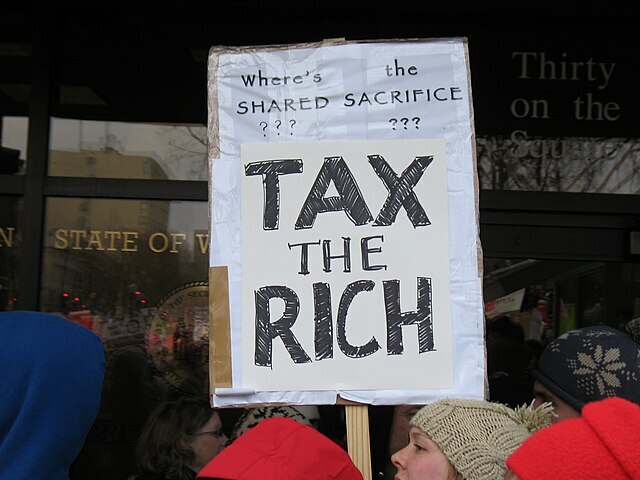- North Carolina’s state income tax penalizes people’s income generating activities. In a market setting income generating activities are those that lead to the production of goods and services and spur economic growth.
- By reducing the rewards to all income-generating activity — work, saving, and investment — the income tax discourages those activities relative to non-income generating activities — leisure and consumption.
- Income taxation drives a “wedge” between the rewards to work effort and the rewards to non-work activities. The higher the tax rate, the greater the wedge, i.e. the greater the penalty against additional economic productivity, and the more distorting is the tax.
- North Carolina’s income tax system enhances this tax penalty in two different ways. First, its income tax rates are high relative to the national average and are particularly high relative to other states in the Southeast.
- Adding to this anti-productivity bias is North Carolina’s steeply progressive rate structure, which penalizes increased productivity by taking a greater percentage of people’s incomes as they earn more.
- The North Carolina income tax “double taxes” saving relative to consumption.
- If we apply North Carolina’s top marginal rate of 7.75 percent and look at its actual impact on investment returns we discover that while reducing the rewards to current consumption by 7.75 percent it reduces investment returns by about 15 percent.
- The tax that should be adopted as a replacement for the existing income tax is what is called a “flat rate consumed income tax.”
- The consumed income tax would replace the state’s progressive rate structure with a single flat rate. In addition income that is saved and invested would be eliminated from the tax base until it is withdrawn from the particular saving or investment vehicle where it has been placed and used for consumption.
Spotlight 420 The Consumed Income Tax: Efficient and Fair Tax Reform for North Carolina


